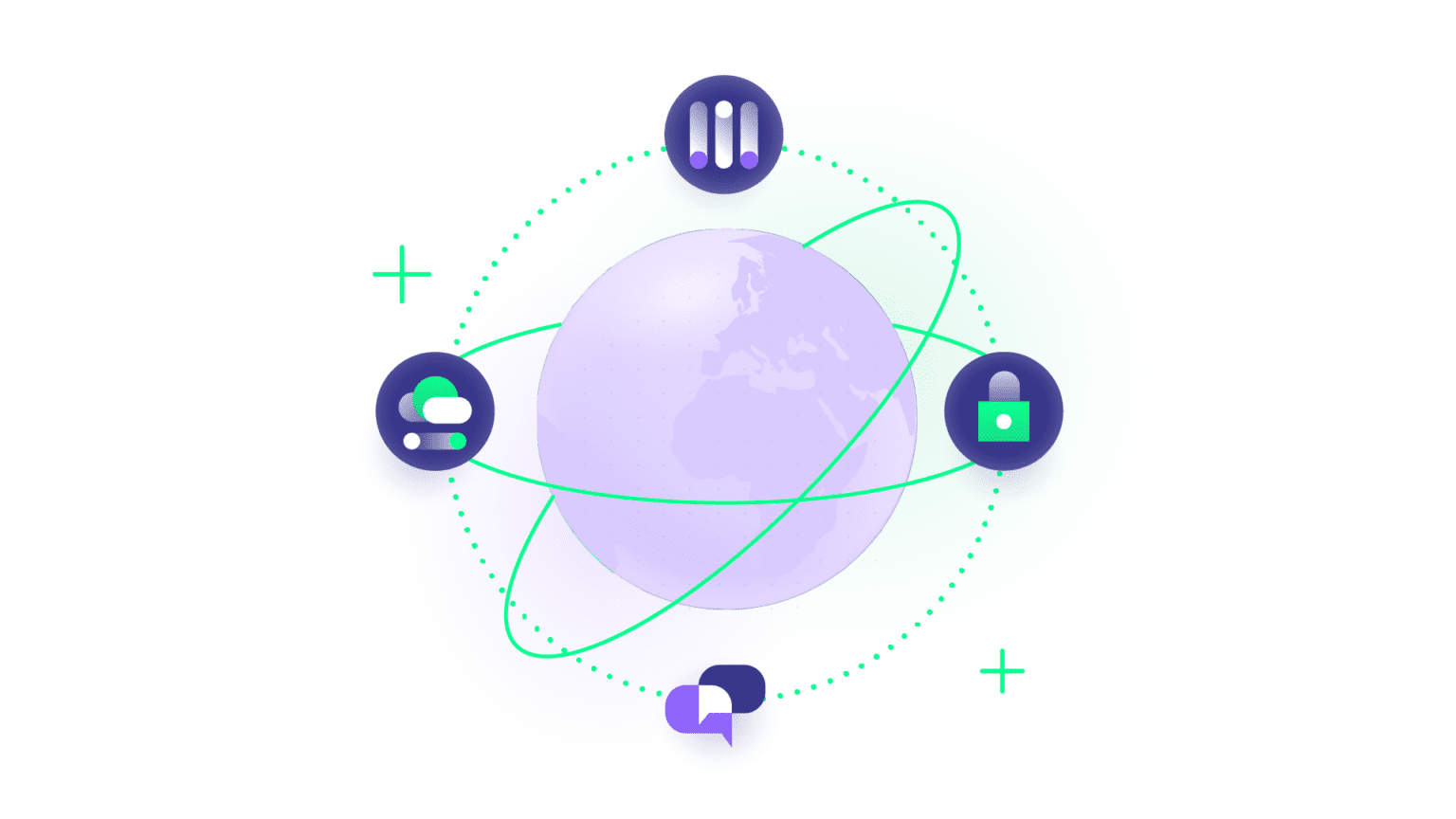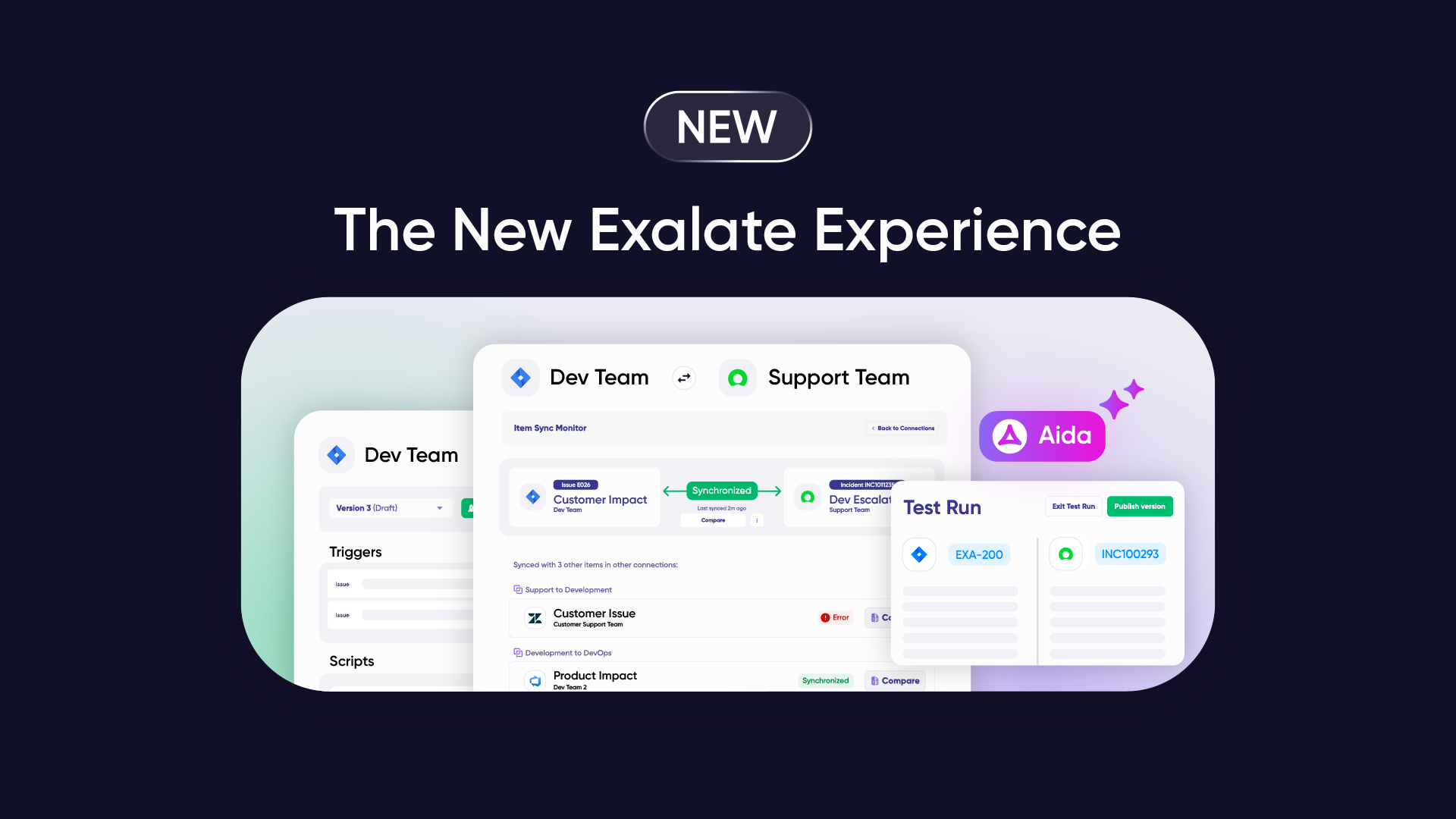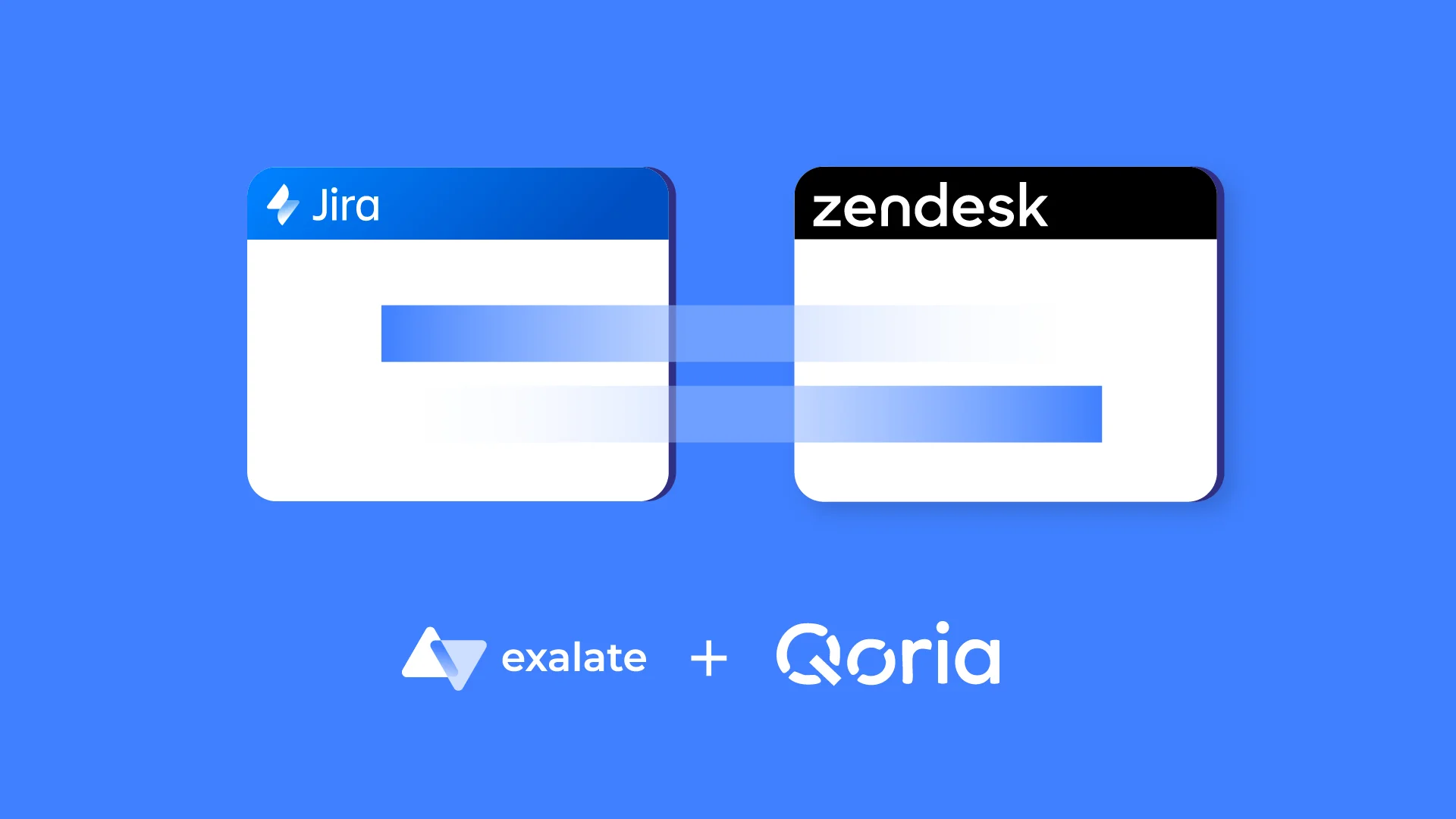Running a successful organization means keeping your systems, data, and processes in sync. Some companies focus on data integration, while others prioritize connecting applications, APIs, and cross-platform workflows.
Regardless of what you need to integrate, smooth information flow and reliable managed services are non-negotiable.
That’s where integration outsourcing comes in. Delegating these services to a trusted vendor frees you to focus on core business functions while experts handle the heavy lifting of building, maintaining, and updating your integration infrastructure.
But choosing the right approach requires careful consideration. Let’s break down the benefits, challenges, and key factors to evaluate.
Key Takeaways
- Integration outsourcing hands over system, data, and process connectivity to external experts, allowing internal teams to focus on strategic work.
- Outsourcing reduces costs by eliminating the need to hire specialized developers, pay licensing fees, and maintain in-house infrastructure.
- Third-party providers guarantee uptime, security, and scalability, backed by SLAs and enterprise-grade protocols.
- When choosing an outsourcing partner, evaluate their track record, supported integrations, security certifications, and pricing model.
- Features like AI-assisted configuration, bidirectional sync, and flexible field mapping are essential when selecting an integration platform.
- Tools like Exalate support connections between Jira Cloud, ServiceNow, Zendesk, Salesforce, Azure DevOps, Freshservice, Freshdesk, Asana, GitHub, and custom connectors.

What Does Integration Outsourcing Entail?
Integration outsourcing is the process of delegating system, data, and business process integration to an external provider.
A third-party service, often called a managed services provider (MSP) or integration partner, handles the integration infrastructure without requiring direct access to your core business systems.
Companies outsource data integration to ensure secure, reliable information sharing. This is especially critical for cross-company collaborations, mergers and acquisitions, or partnerships with other MSPs.
In many cases, the provider helps connect your business with external systems or processes. They assign dedicated experts to configure, troubleshoot, and maintain connections with applications, APIs, and other platforms.
Why Outsource Integration Services?
Companies outsource integration for different reasons. Some want seamless data exchange; others need all their systems running in perfect sync. Here are the main drivers:
Access Specialized Expertise
Integration outsourcing lets companies delegate complex connectivity challenges to dedicated experts. This might mean partial control—letting the provider build the solution while your team maintains it—or full lifecycle management where they handle everything from setup to ongoing updates.
Most companies start their integration journey in-house. Developers build APIs for connecting systems and sharing data. This approach works for large enterprises with substantial R&D departments, but for small businesses and startups, finding talent to build cross-compatible, multi-system integrations can be difficult and expensive.
External providers bring deep platform knowledge across tools. They understand the nuances of each platform’s API and can navigate complex synchronization scenarios.
Focus on Core Business
Delegating integration to experts frees bandwidth and resources for your actual business. Instead of hiring and managing developers to build APIs, your team can focus on analyzing data, improving products, and serving customers.
For example, if a third-party handles data integration across all your teams, you can redirect engineering efforts toward revenue-generating activities. This increases productivity and overall performance.
Guarantee Stability and Service Availability
When you outsource integration, you’re paying experts to keep everything running.
Integration service providers stake their reputation on maximum uptime for all customers. They go the extra mile to guarantee service stability and availability, often backed by contractual SLAs.
This extends to security. Reputable providers implement multi-layered security measures, including firewalls, access controls, encryption, and authentication protocols to protect customer data. Exalate’s Trust Center details its security practices, certifications, and compliance measures.
Reduce Costs
Outsourcing integration typically reduces overall expenditure.
Consider what you’d save: no need to hire developers to build and maintain integration platforms, no licensing fees for development tools, no training costs, no additional office space or equipment, and no expanding technology stack to manage.
These expenses compound as your business scales. And if your in-house team lacks the experience to identify the right tools, you risk spending money on solutions you don’t actually need.

Calculate time and money savings from automated bidirectional sync.
Accelerate Time-to-Value
Building integrations in-house takes significant time and resources. Custom solutions require extensive planning, development, testing, and debugging before they’re production-ready.
Outsourced providers have pre-built connectors and established methodologies that dramatically speed up implementation. What might take months internally can often be deployed in days or weeks with an experienced partner.
Ensure Business Continuity
When internal developers leave, their integration knowledge often walks out the door with them. Documenting complex integration logic is time-consuming, and knowledge transfer is rarely complete.
Outsourcing eliminates this dependency risk. The provider maintains continuity regardless of personnel changes on your end, ensuring integrations keep working without disruption.
Drawbacks of Integration Outsourcing
Outsourcing integration services comes with potential risks worth considering.
Delegating to an external entity introduces another potential point of failure in your security architecture. Your business and customer data could be exposed if the provider experiences a breach. That’s why vetting security practices and certifications is critical before signing any agreement.
Outsourcing also means ceding some control to a third party. This might work early in your journey, but as your business grows, you may find yourself locked in with a vendor. Ending the relationship could require a painful decoupling process.
Geographic considerations matter too. Outsourcing to providers outside your regulatory zone (for example, an EU company working with a MENA-based agency) can create unforeseen legal complications. Changes in data governance legislation—sanctions, trade embargoes, or new privacy laws—could directly impact your operations.
Finally, communication challenges can arise from time zone differences, language barriers, or cultural misalignment. Clear communication channels and defined escalation paths help mitigate these issues.
Features to Consider When Choosing an Integration Tool
Before selecting an integration outsourcing partner, evaluate the technology they use. Here are the critical capabilities to assess:
Bidirectional Synchronization
One-way data transfer has limited use cases. Most business scenarios require two-way sync where updates flow in both directions automatically. This keeps all connected systems current without manual intervention.
Look for platforms that support real-time or near-real-time bidirectional synchronization. The ability to configure sync direction flexibly—one-way for some use cases, two-way for others—adds valuable versatility.
AI-Assisted Configuration
Modern integration platforms leverage AI to simplify complex setups. AI-assisted configuration helps administrators generate sync rules, suggest field mappings, and troubleshoot issues faster than manual approaches.
Exalate’s AI-assisted integration (Aida) analyzes your requirements and generates configuration scripts automatically. This reduces setup time, minimizes errors, and makes advanced integrations accessible to users with varying technical backgrounds.
Flexible Field Mapping
Every organization has unique data structures. Your integration tool should support mapping both standard and custom fields between platforms.
This includes handling complex scenarios like mapping one field type to another (for example, dropdowns to text fields), transforming values during sync, and maintaining data integrity across systems with different schemas.
Granular Triggers and Automation
Trigger-based automation lets you define exactly when synchronization occurs. Rather than syncing everything all the time, you can set conditions that initiate data exchange based on specific events, field values, or combinations of criteria.
This precision prevents unnecessary sync operations, reduces system load, and ensures data flows only when and where it’s needed.
Security and Compliance
Your integration tool handles sensitive business data. Evaluate security features carefully:
- Encryption in transit and at rest (TLS 1.2/1.3)
- JWT token-based authentication
- Role-based access controls
- Multi-factor authentication support
- Compliance certifications (ISO 27001, SOC 2, GDPR)
Verify the provider’s security posture through independent certifications and their published security documentation.
Scalability and Network Flexibility
Your integration needs will grow. Choose a platform that scales from simple peer-to-peer connections to complex multi-party networks without architectural limitations.
Consider whether you need mesh configurations (every system connected to every other), hub-and-spoke models, or hybrid topologies. The platform should adapt to your evolving requirements.
Connector Coverage
Verify the platform supports the specific applications you use. Exalate, for example, offers connectors for Jira Cloud, ServiceNow, Zendesk, Salesforce, Azure DevOps, Freshservice, Freshdesk, Asana, GitHub, ServiceDesk Plus, Xurrent, and custom integrations via REST APIs.
If your tech stack includes less common tools, confirm that custom connector options exist or that the provider can build what you need.
6 Factors to Consider Before Outsourcing Integration
Before selecting an outsourcing partner, answer these key questions:
What Services Do They Offer?
Identify the company’s core competencies and ensure they align with your requirements. This helps you target providers with relevant expertise.
For example, if you need a solution integrating Salesforce with Zendesk, find a provider that specifically supports Salesforce Zendesk integration. If you’re connecting Freshservice with Azure DevOps for IT-to-development workflows, verify they have experience with both platforms.
Providers may offer different engagement models: dedicated teams for ongoing support, turnkey solutions for complete implementations, or pay-as-you-go options for flexible scaling. Choose what suits your operational style.
What’s Their Track Record?
Narrow your list based on reputation. Read independent reviews and seek word-of-mouth recommendations to understand what customers actually experience.
Check communities, forums, and social media for unfiltered feedback. If a provider has no track record or limited case studies, proceed cautiously. Established providers with documented customer success stories offer lower risk.
What Technology Do They Use?
Understand the provider’s technology stack in detail. Pay attention to how they handle data in transit and at rest.
Evaluate security protocols, including encryption standards, access management, and authentication mechanisms. Reputable integration providers use multi-layered security, including JWT tokens, role-based permissions, and continuous monitoring.
Ask about infrastructure redundancy, disaster recovery capabilities, and uptime guarantees.
What Does the SLA Contain?
The service level agreement (SLA) is your binding contract with the outsourcing partner. It should clearly define:
- Expected uptime and performance metrics
- Response times for different severity levels
- Escalation procedures
- Data handling and privacy requirements
- Termination conditions and transition support
Have your legal team review every stipulation. Clear terms protect you if problems arise later.
Where Is the Company Located?
Location matters more than you might expect in remote-first environments.
Integration outsourcing means sharing data access with a third party. This raises data governance and residency questions. In regions like the EU, strict data protection laws may restrict your ability to work with providers in certain jurisdictions.
Other location factors include time zone alignment for support responsiveness and potential language barriers affecting communication quality.
What’s the Total Cost?
Avoid the trap of selecting the most expensive option, assuming it’s the best. The same logic applies to suspiciously cheap services; unusually low prices often mean subpar delivery.
Strike a balance between budget and capability. The deciding factor should be the quality of services aligned to your specific needs as defined in the SLA.
Consider the full cost picture: initial implementation, ongoing licensing, support tiers, and potential scaling costs as your integration requirements grow.
Integration Outsourcing Use Cases
Here are practical scenarios where integration outsourcing delivers measurable value:
Support-to-Engineering Escalation
Challenge: Customer support tickets requiring development attention get lost in manual handoffs between Freshdesk and Jira Cloud.
Solution: Automated bidirectional sync creates work items in Jira when support tickets meet escalation criteria. Status updates flow back to support automatically.
Real-World Application: A SaaS company reduced average resolution time by 40% after implementing automated escalation between their support desk and engineering backlog. Support agents stopped playing phone tag with developers, and customers received faster updates.
MSP-Client Collaboration
Challenge: An MSP managing multiple clients needs to sync service tickets without giving clients direct access to internal systems.
Solution: Configure separate connections for each client with customized field mappings and data filters. Each client sees only their relevant information.
Real-World Application: A cybersecurity MSP implemented ticket-based security incident management across dozens of client relationships. They maintained strict data separation while providing real-time visibility to each customer.
Cross-Company Project Synchronization
Challenge: After an acquisition, two organizations run different project management tools (Azure DevOps and Asana) and need unified visibility without forcing tool migration.
Solution: Bidirectional integration keeps work items synchronized across both platforms, preserving each team’s preferred workflow.
Real-World Application: A manufacturing company maintained productivity during post-merger integration by letting acquired teams continue using their familiar tools while syncing essential data to the parent company’s systems.
IT Service Management Optimization
Challenge: Incident data scattered across Freshservice, ServiceNow, and Zendesk creates reporting blind spots and delayed responses.
Solution: Unified integration connecting all ITSM platforms with consistent field mapping and automated status synchronization.
Real-World Application: An enterprise IT department achieved a single source of truth for incident management by connecting three ITSM tools previously operating in silos. Mean time to resolution dropped significantly once teams had complete visibility.

How MSPs Can Outsource Integration
Managed services providers can outsource integration by adopting out-of-the-box solutions that connect with their customers’ systems.
Exalate provides bidirectional integration solutions designed for MSP scenarios. It comes with an AI-assisted scripting console and a team of engineers available to help with setup and troubleshooting.
Nviso, a cybersecurity MSP, uses Exalate to automate workflows and eliminate redundant ticket creation between ITSM systems.
Alternatively, MSPs can engage dedicated teams from integration providers. These specialists function as an extension of your organization without adopting your internal data practices or accessing information beyond what’s necessary for integration.
Build, Buy, or Outsource Integrations?
Companies often face a crossroads when deciding to build or buy integrations.
Building in-house requires a development team to create everything from scratch. You’ll pay for licensing, maintenance, updates, and security, plus provide internal support when things break. This path offers maximum control but demands significant ongoing investment.
Buying a solution and outsourcing implementation to a dedicated integration provider typically costs less and reduces stress on your development team. You benefit from pre-built connectors, established best practices, and expert support.
Evaluate your business requirements and internal capabilities honestly. Do you have the resources to build and maintain custom integrations long-term? If not, outsourcing may be the smarter investment.

Calculate time and money savings from automated bidirectional sync.
Best Practices for Integration Outsourcing
Follow these guidelines when working with third-party integration providers:
- Define expectations clearly in the service level agreement, including deliverables, contingencies, roles, and concrete timelines.
- Establish dedicated communication channels between your organization and the provider. Create an environment that supports collaboration and quick issue resolution.
- Maintain control over your data. Ensure you have all necessary access roles and admin permissions to manage information flowing through the integration.
- Prioritize security, privacy, and compliance. Implement monitoring for regulatory changes that could affect your integration requirements.
- Choose providers within your geographic region when possible to simplify compliance and communication.
- Verify the provider’s track record with documented case studies and customer references. Interview key personnel before signing any agreement.
- Balance pricing with expertise. The cheapest option rarely delivers the best results, but the most expensive isn’t automatically superior.
Summing Up
Integration outsourcing lets you delegate complex connectivity challenges to experts with proven industry experience. Whether you’re integrating data between Jira and Salesforce, syncing Freshservice with Azure DevOps, or connecting multiple ITSM platforms, you need a partner that guarantees security and seamless synchronization.
Rather than defaulting to the biggest or most expensive provider, confirm their services align with your organization’s specific requirements. Factor in data governance, regulatory compliance, and the scalability of their solutions.
Most importantly, maintain control over your data and service infrastructure while letting experts handle the technical complexity.

FAQs
Why Do I Need Integration Outsourcing?
Integration outsourcing relieves pressure on your internal team by delegating the building and maintenance of integration solutions to specialists. This saves money, reduces technical debt, and lets your developers focus on core product work rather than connectivity infrastructure.
What Types of Integration Can I Outsource?
You can outsource integration for applications and systems, data pipelines, APIs, and business processes. Common scenarios include connecting ITSM platforms (Jira Cloud, ServiceNow, Freshservice, Zendesk), CRM systems (Salesforce), project management tools (Azure DevOps, Asana, GitHub), and cross-company integrations between MSPs and their customers.
What Are the Challenges of Integration Outsourcing?
Key challenges include communication and collaboration issues across time zones, security and data privacy risks, regulatory compliance across jurisdictions, cultural alignment, and cost management. Selecting a reputable provider with a strong track record and clear SLAs mitigates most of these concerns.
Is Data Security a Concern with Integration Outsourcing?
Yes. Connecting with a third-party service introduces a potential vulnerability in your infrastructure. Choose providers with robust security measures, including ISO 27001 certification, encryption protocols, role-based access controls, and transparent security documentation. Verify their practices through their trust center before signing any agreement.
How Do I Calculate the ROI of Integration Outsourcing?
Measure the time your team currently spends on manual data transfer, error correction, and maintaining custom integrations. Compare this against the cost of an outsourced solution plus any implementation fees. Factor in reduced errors, faster response times, and the opportunity cost of freeing developers for higher-value work. Most organizations see positive ROI within the first year of outsourcing integration.
What Connectors Should an Integration Platform Support?
Your platform should cover your current tech stack plus common enterprise tools. Look for support of Jira Cloud, ServiceNow, Zendesk, Salesforce, Azure DevOps, Freshservice, Freshdesk, Asana, GitHub, ServiceDesk Plus, and custom REST API integrations. The more connectors available, the more flexibility you have as your tech stack evolves.
Recommended Reading:
- MSP Integration: Why It Matters for Your Business
- Exploring Ways To Implement Managed Services Integration
- The Complete Blueprint for Aligning Your Service Desk and Development Teams (Process Integration and Best Practices)
- Exploring the Build vs. Buy Integration Debate
- ITSM Integration: Simplify Your IT Services Like Never Before



